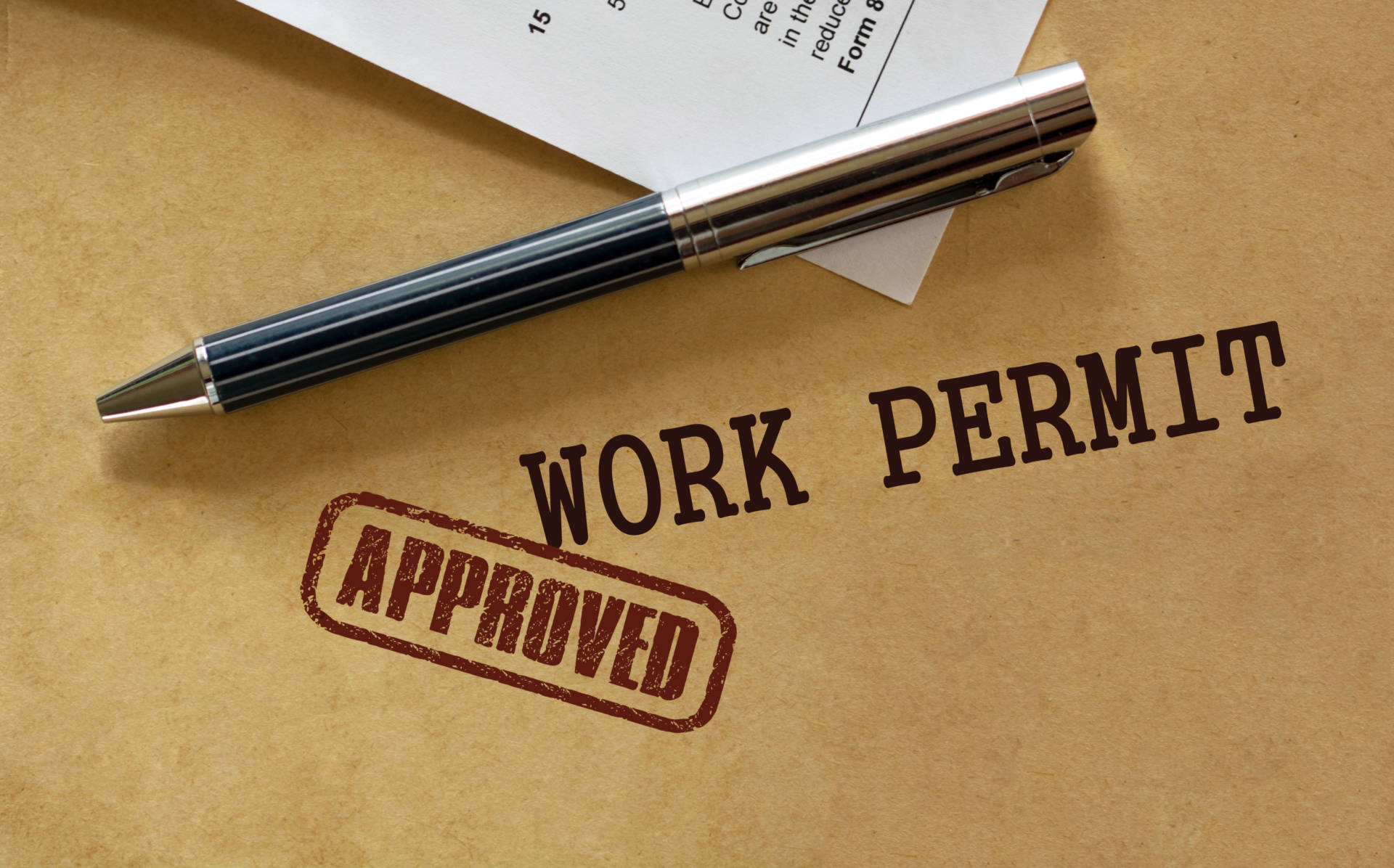
The OECD Better Life Index ranks Europe among the highest-scoring nations. On the continent, life expectancy, water, and air quality, employment opportunities, and educational quality are all exceptional. These are all excellent reasons to work for this organization.
Whoever satisfies the criteria and conditions of the European countries is eligible to work there. The majority of European nations have programs in place to recruit foreign specialists and address labor shortages in various industries.
Who requires a work visa in Europe
The European Union does not require a work visa from citizens of the United States, Australia, Canada, Israel, Japan, New Zealand, or Switzerland. However, they must apply for a residency and work visa after they reach the country where they will be employed.
Before being permitted to work in the Schengen area, foreign nationals must apply for and get a work visa.
What are the criteria for obtaining a European work visa
Standard requirements for acquiring a European work visa are as follows:
- Form for Application
- Double-printed and complete. Remember to sign both copies upon completion!
- Identical photographs
According to the standard Schengen visa photograph requirements, these photographs must have been shot within the last three months.
- Valid passport
Your passport must be less than ten years old and valid for at least three months on the date you intend to exit the Schengen area. Verify that at least two blank pages are available for the visa sticker.
- Flight reservation for a round-trip
- This should also include the flight numbers and dates of arrival and exit from the Schengen area.
- Travelers’ medical coverage
Up to thirty thousand euros will cover any medical emergency, including hospitalization and transportation back to one’s native country. Before obtaining a visa, you must purchase insurance that is valid in all Schengen countries.
- Validation of Lodging.
- A document, such as a lease, indicating where you will reside in the Schengen Area.
- Employment agreement.
- A contract between you and your prospective employer that was signed when you were residing in the Schengen area.
- Academic Credentials Documentation.
- Diplomas, certificates, grade transcripts, and other similar documents.
Please keep in mind that these are the very minimum requirements for obtaining a European work visa. Each Schengen member country, in addition to those European nations outside the zone, has its own legislation set.
Obtaining a European work visa
To obtain a European work visa, follow the stated steps:
- Determine the sorts of employment visas available in the nation in which you wish to work.
- Check your eligibility for an EU work visa.
- You must fulfill the criteria for an EU work visa.
Some of which are:
- Before you may apply for a visa in certain countries.
- You must first have employment.
- Collect the relevant papers for a work visa.
- Organize an interview for a visa.
- Bring all essential documentation with you to the interview.
- Be patient as your visa gets processed!
Remember that this is the standard application process for a European work visa. The intricacies of the technique may vary from nation to nation.
When to Apply for a European Work Visa
It is strongly advised that you apply for a work visa in Europe at least two months in advance of your trip to the Schengen nations where you intend to work. The reason for this is that it can take up to six weeks for European embassies to process an application for a work visa. Under some conditions, the processing time can be extended to 12 weeks.
How long is a work visa valid
Most European work visas are valid for only one year. Visa holders have the opportunity to apply for a visa renewal in the majority of nations once their visa expires. The visa sticker affixed to your passport will indicate the validity of your visa in addition to a few other detailsю
Is it feasible to extend a work permit for the EU?
The majority of countries will allow you to extend your EU work permit. Before the expiration of your visa or residence permit, you must submit an application and the necessary documentation to the relevant authorities.

